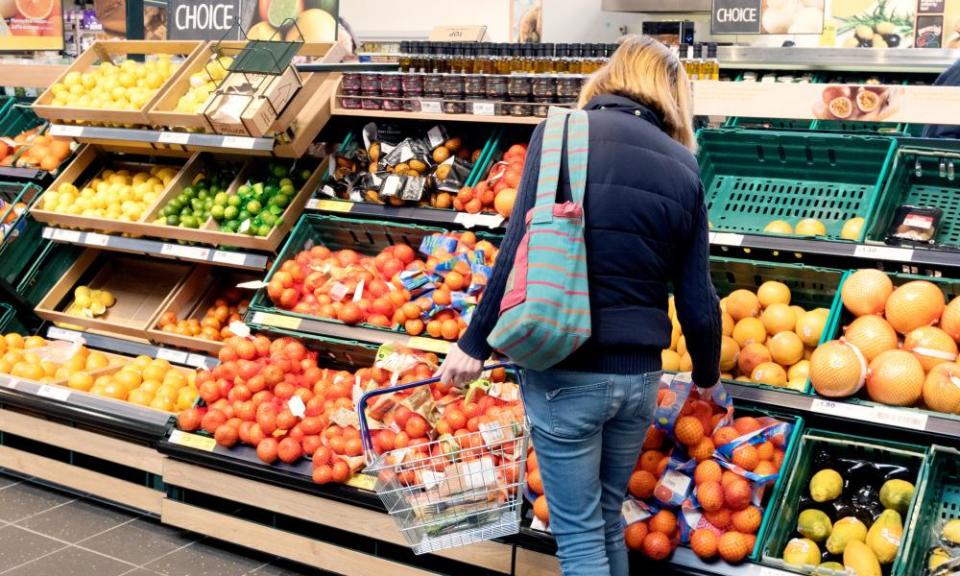Half of Britons say cost of living crisis has made health worse, poll finds

More than half of people in the UK have already seen their health deteriorate as a result of the cost of living crisis, a survey reveals as doctors warned some patients can no longer afford to look after themselves.
A YouGov poll of 2,001 people commissioned by the Royal College of Physicians (RCP) found 55% felt their health had worsened owing to issues such as higher heating and food costs. One in four of these people had been told this was the case by a doctor or other medical professional, with stress seen as a driving factor of ill-health.
“The cost of living crisis has barely begun, so the fact that one in two people is already experiencing worsening health should sound alarm bells, especially at a time when our health service is under more pressure than ever before,” said Dr Andrew Goddard, the president of the RCP.
Of all those who reported their health getting worse, 84% said it was due to increased heating costs, 78% cited the rising cost of food and almost half (46%) said transport costs had had an impact.
About 37% of those in higher income brackets (ABC1) said the cost of living crisis had had a fairly negative impact on their health, while 16% said it had had a very negative impact. Of those in lower socio-economic groups, 37% said it had had a fairly negative impact and 22% said it had had a very negative impact.
“This survey demonstrates that the cost-of-living crisis is damaging the perceived health and wellbeing of poorer people,” said Prof Sir Michael Marmot, director of the University College London Institute of Health Equity. “The surprise is that people in above-average income groups are affected, too.”
RCP members also revealed how people were suffering, with one saying a woman’s ulcers on her fingertips had been made worse by her house being cold.
Another patient could not afford to travel to hospital for lung cancer investigation and treatment while medics also reported people’s asthma and other lung conditions were being made worse by exposure to mould in poor quality council housing.
“Many more families will have to choose between forgoing essentials that are vital to living healthy lives – such as food and heating – or being driven into the stress and uncertainty of problem debt,” said Katherine Merrifield, the assistant director for healthy lives at the Health Foundation. “The government needs to get a hold on the crisis. Recent decisions suggest they are yet to fully grasp the pandemic’s stark lesson that health and wealth are fundamentally intertwined.”
A government spokesperson said: “We understand how the rising cost of living is making life harder for people and we are providing support worth over £22bn in 2022-23 to help families with these pressures.”

 Yahoo Finance
Yahoo Finance 